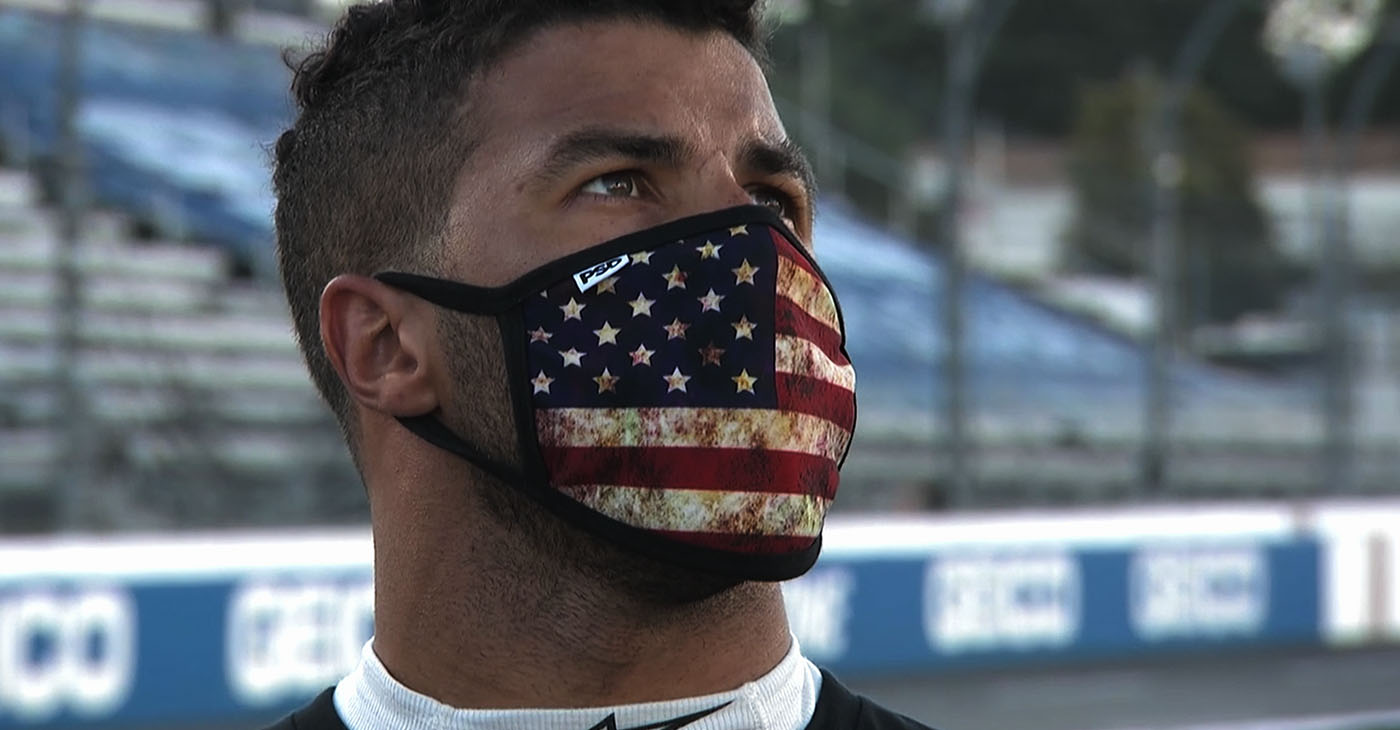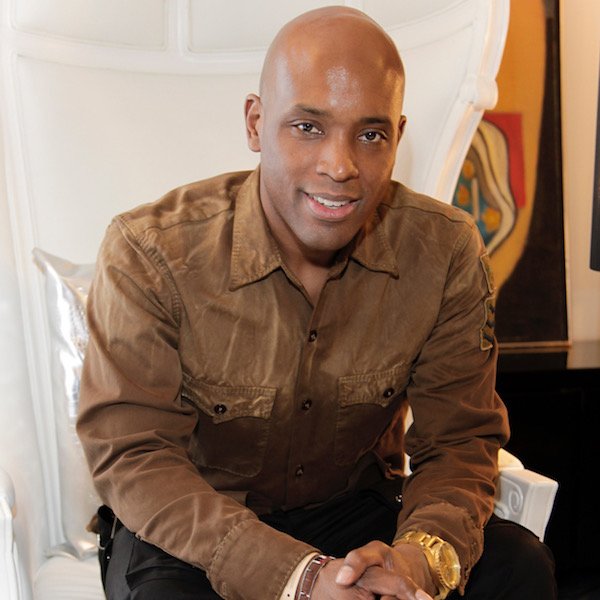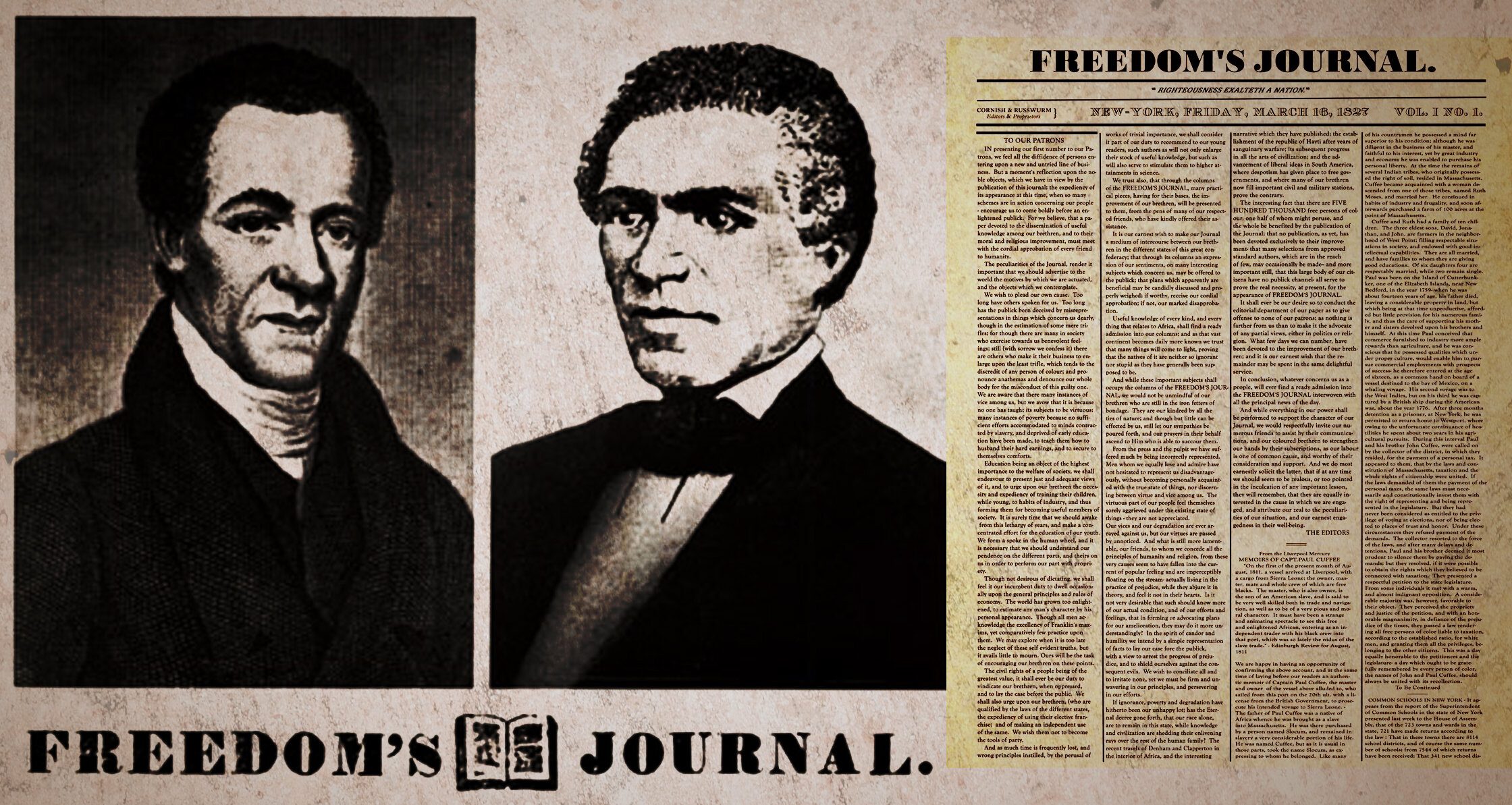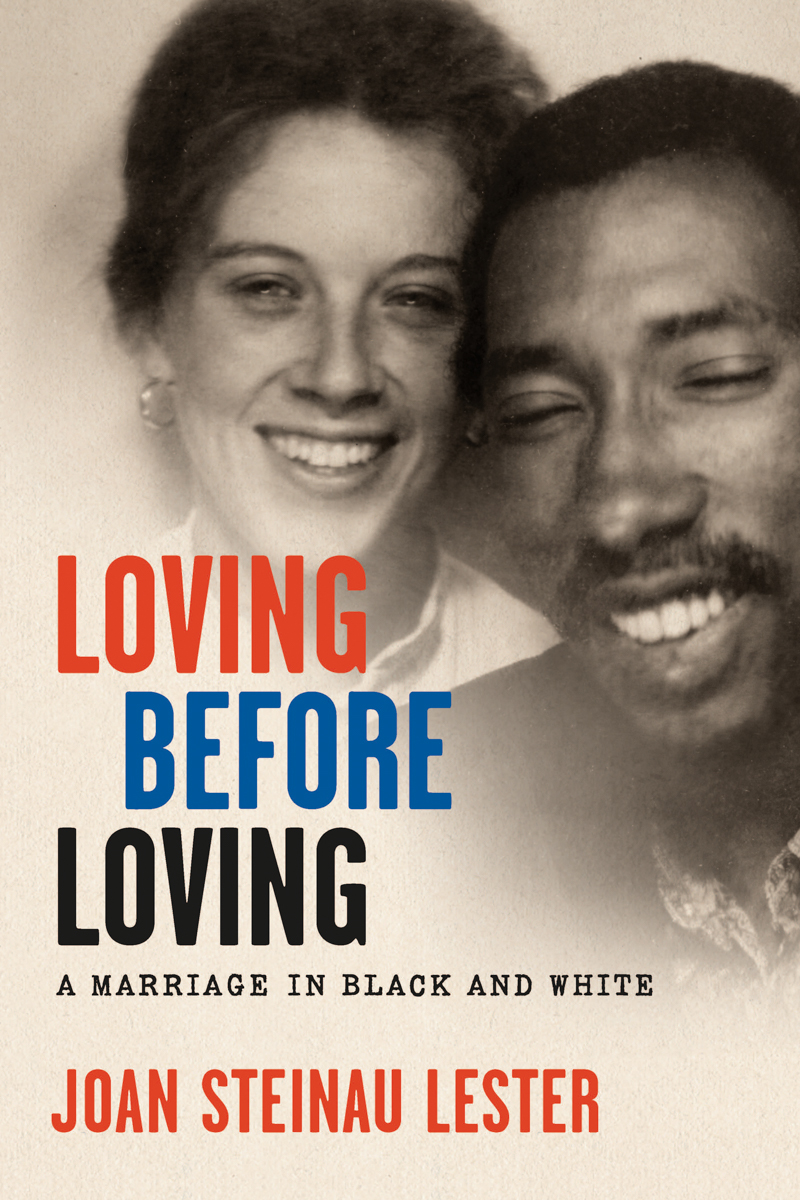Chicago Defender
OP-ED: I have always loved legendary songstress Gladys Knight and always will, but…
CHICAGO CRUSADER — On principle I submit that Gladys Knight is wrong in her decision to sing the national anthem at the Super Bowl.
By Vernon A. Williams
First, full transparency. Much like “Fly Jock” Tom Joyner (and probably most male Baby Boomers), I had a mad crush on soul singer Gladys Knight as she rose to stardom in the 70s. Her glowing star aura combined with “girl next door” cuteness, making boys imagine her being their ‘girlfriend’ to the point of arguing to claim their fantasy.
And, by the way, she had a voice that kept her in the conversation with the greatest R & B divas of all time. You couldn’t talk about Queen Aretha, Patti, Chaka, Whitney, Mavis, or Mariah without injecting the inimitable Ms. Knight into the mix.
Seeing her just a couple of years ago at the Heritage Festival of the Indiana Black Expo Summer Celebration in Indianapolis was confirmation that not only is she aging with regal grace, but her incomparable singing style remains in a class by itself.
All those factors made writing this column challenging for me. Part of me said, “Leave it alone. Let others fight this battle.” Then that other side insisted, “Stay true to the cause – no matter what the casualties.”
I know full well that half of those who read this will back me up while the other half are ready to argue all night long. The popularity of the outcome doesn’t matter to me – it never has and never will.
On principle I submit that Gladys Knight is wrong in her decision to sing the national anthem at the Super Bowl.
Some defending her argue, “Black players for both teams will be on the field” and “Gladys has clearly paid her dues and has earned the right” and “What will it prove, if she refused to sing” or “She is doing what she gets paid to do and has a right to a livelihood.”
I won’t waste time in rebuttal. Instead, here is why I think she should pass; and that is, NOT singing at that game will constitute strength in numbers.
Now don’t get it twisted, there was never a point of the civil rights movement, before or after, that all Americans of African heritage were on the same page. We are not today and have never been a monolithic community.

STAR POWER. Celebrities like Nancy Wilson, Eartha Kitt, Sammy Davis Jr., Sidney Poitier, Marlon Brando and Berry Gordy Jr. risked careers for principles during the sixties Civil Rights Movement.
As Reverend Jesse Jackson Sr. recalled, “While some came from coast to coast for the March in Washington in 1963, there were Negroes on U Street – within walking distance of the Lincoln Memorial – who wouldn’t cross the street to get involved in the demonstration and said they would be glad when “the man’ ran them out of town.”
Sojourner Truth’s famous quote put it another way, that the fabled Underground Railroad saved a thousand slaves but she could have rescued a thousand more had they only known that they were slaves.
Gladys needed to say no because she is bigger than the average Black person. She is an icon. A living legend. Her rejection would have resounded. Conversely, the inclusion of such a giant of the industry cancels rejections of a handful of lesser-known artists.
It’s not just about Colin Kaepernick and the way in which the National Football League has blackballed him and others for exercising their constitutional right of nonviolent protest. It is about how the NFL as an institution is oppressive to people of color – particularly its own players, coaches and management.
There are enough negative NFL facts and anecdotes to write a book. Many have. And in the wake of the kneeling during the national anthem controversy, team owners followed the lead of their friend 45 – threatening to fire those who dared challenge the system.
It’s ugly. Unpleasant. Repressive and disrespectful. There is no simple solution. Who knows what, if anything, would cause them to have a change of heart? The Washington franchise rejects the pleas of indigenous Americans to change their Redskins team name. And take a look at all the Black coaches fired over the past season. As of press time, not one of those positions was filled with another African American.
Gladys said it is “unfortunate that our national anthem has been dragged into this debate when the distinctive sense of the anthem and fight for justice should stand alone. I will give the anthem back its voice, to stand for that historic choice of words, the way it unites us when we hear it and to free it from the same prejudices and struggles I have fought long and hard all of my life.”
We will be no freer after she sings the anthem than before she performs. No changes.
The Hall-of-Famer said, “I pray that the anthem brings us together in a way never before witnessed and that we can move forward and untangle these truths which mean so much to all of us.” Beautifully spoken. As unrealistic as the hope a fairy will change American attitudes and end all prejudice with a wave of the magic wand.
Gladys Knight’s decision is wrong and her hoped outcome of singing the anthem is naïve – in spite of her 74 years of wisdom. But I still love her as much as ever – and always will.
This article originally appeared in the Chicago Crusader.
#NNPA BlackPress
“Race: Bubba Wallace” and the Future of NASCAR
CHICAGO DEFENDER — 300 Entertainment, the label home of Megan Thee Stallion launched a content and film division, 300 Studios. 300 Studios is headed by Kevin Liles, who is chairman and CEO of both 300 Entertainment and Elektra Music Group, with former Viacom executives Kelly Griffin as head of creative strategy and Nolan Baynes as GM.
The post “Race: Bubba Wallace” and the Future of NASCAR first appeared on BlackPressUSA.

Danielle Sanders, Managing Editor, Chicago Defender
Race: Bubba Wallace is a six-episode docuseries following the life and career of Bubba Wallace, the only full-time black driver in the NASCAR cup series. “RACE” follows Wallace as he competes on Michael Jordan and Denny Hamlin’s racing team and uses his platform to speak out about racial injustice.

Photo courtesy of Netflix
300 Entertainment, the label home of Megan Thee Stallion launched a content and film division, 300 Studios. 300 Studios is headed by Kevin Liles, who is chairman and CEO of both 300 Entertainment and Elektra Music Group, with former Viacom executives Kelly Griffin as head of creative strategy and Nolan Baynes as GM.
Race: Bubba Wallace is 300 Studios’ debut project. The studio currently has 30 projects in development including films, TV Series, and podcasts.

With over 15 years in Music Programming, Development, and Marketing for various companies including Clear Channel, Viacom, REVOLT TV and, now as head of creative strategy for 300 Studios, Kelly “Kelly G” Griffith has honed a unique talent of identifying up and coming superstars that ultimately prove to be profitable on various linear and digital platforms through an increase in streaming, record and ticket sales as well as overall brand recognition. From his days at WGCI to his work at BET, Kelly Griffith has also established himself as a premier programmer, talent booker, and producer.
The Chicago Defender spoke with Chicago native, Kelly “Kelly G” Griffin, head of creative strategy and one of the executive producers of the docuseries, Race: Bubba Wallace about the impact Bubba Wallace is having on the sport, the Netflix docuseries, and the future of 300 Studios.
Race: Bubba Wallace is currently streaming on Netflix.
The post “Race: Bubba Wallace” and the Future of NASCAR appeared first on Chicago Defender.
The post “Race: Bubba Wallace” and the Future of NASCAR first appeared on BlackPressUSA.
#LetItBeKnown
The Black Press of America Celebrates 195 Years of Pleading the Cause of African Descendants Everywhere
NNPA NEWSWIRE — From Freedom’s Journal to the North Star to John Abbott’s Chicago Defender, African American-owned newspapers have sparked fires for truth and equality that have burned with the passion of fighting for freedom throughout history. Wednesday, March 16, 2022, marked the 195th anniversary of the Black Press of America, whose global impact remains undeniable. It all began with Freedom’s Journal.
The post The Black Press of America Celebrates 195 Years of Pleading the Cause of African Descendants Everywhere first appeared on BlackPressUSA.

By Stacy M. Brown, NNPA Newswire Senior National Correspondent
@StacyBrownMedia
On March 16, 1827, Samuel E. Cornish and John B. Russwurm founded the first Black-owned newspaper in the U.S.
They did so because there were no Black voices in the debate over the abolition of slavery.
In their first editorial, Cornish and Russwurm wrote: “in short, whatever concerns us as a people, will ever find a ready admission into the Freedom’s Journal.”
“One hundred and ninety-five years later, the mission of the Black Press has not changed,” Washington Informer Publisher Denise Rolark Barnes wrote in an editorial.
“No matter whether Black Press journalists are invited to a seat at ‘their’ table, the voices of those the Black Press represents will always have a seat at ours,” Rolark Barnes wrote.
From Freedom’s Journal to the North Star to John Abbott’s Chicago Defender, African American-owned newspapers have sparked fires for truth and equality that have burned with the passion of fighting for freedom throughout history.
Wednesday, March 16, 2022, marked the 195th anniversary of the Black Press of America, whose global impact remains undeniable. It all began with Freedom’s Journal.
On March 16, 1827, they announced its presence with a front page that contained these words:
“We wish to plead our own cause. Too long have others spoken for us.”
The 4-page edition included stories about the struggle to end the horrors of slavery, lynching, and social injustice.
It also informed the African American community of international news of particular interest like Haiti and Sierra Leone events.
Freedom’s Journal featured African American men and women biographies, schools, jobs, and housing opportunities.
For nearly two centuries, the 230 African American-owned newspapers and media companies, represented by the National Newspaper Publishers Association (NNPA), have proudly carried that legacy.
The bond between Black America and the Black Press remains strong.
“Relationships, which have been the cornerstone of the Black community and the Black Press for 195 years, have always been its messenger in cementing that bond,” remarked Westside Gazette Publisher Bobby Henry.
Dr. Toni Draper, the publisher of the 130-year-old AFRO in Baltimore and Washington, also noted the enduring value of the Black Press.
“The contribution of the Black Press is invaluable. If not for the Black Press, there would be a lot of things we would not have documented in terms of the African American experience,” Dr. Draper said.
“The Black Press was founded in 1827, and African Americans were not in any of the pages of the white-owned press unless there was an advertisement of our sale, of our resale, or us having run away from slave owners or plantations.”
Dr. Draper continued:
“The Black Press is one of the only places where you can find news and information and commentary about, by, and for African Americans across the spectrum. You don’t have to do anything wrong to make the pages of the Black Press; you don’t have to do anything famous. The Black Press covers the totality of the Black experience in the United States and beyond.”
The anniversary of the Black Press is a reminder of the contributions that remain indelibly associated with the fearlessness, determination, and success of the Black Press.
Those contributions include the works of Frederick Douglass, WEB DuBois, Ida B. Wells, Patrice Lumumba, Kwame Nkrumah, and former NNPA Chairman Dr. Carlton Goodlett.
Douglass, who helped enslaved people escape to the North while working with the Underground Railroad, established the abolitionist paper, The North Star, in Rochester, New York. He developed it into the most influential Black antislavery newspaper published during the Antebellum era.
The North Star denounced slavery and fought for the emancipation of women and other oppressed groups with a motto of “Right is of no Sex – Truth is of no Color; God is the Father of us all, and we are all brethren.”
Today, the Black Press continues to reach across the ocean where possible to forge coalitions with the growing number of websites and special publications that cover Africa daily from on the continent.
“The spirit of Black journalism, which Russwurm and Cornish inspired, found its way to Houston 128 years later through a vision given to a local Black businessman to birth a newspaper that positively reflected the Black community, while also reporting the hard truths happening in our communities on the local, state, and national level,” Houston Forward Times Associate Editor Jeffrey Boney declared.
The evolution of the Black Press, the oldest Black business in America, had proprietors take on issues of chattel slavery in the 19th century, Jim Crow segregation and lynching, the great northern migration, the Civil Rights Movement, the transformation from the printing press to the digital age and computerized communication.
With the Plessy vs. Ferguson Supreme Court ruling that said no Black man has any rights that a white man must honor, there came a flood of Black publications to advocate for Black rights and protest the wrongs done to Blacks.
Today, the Black Press continues to tackle domestic and global issues, including the coronavirus pandemic and its effects on all citizens – particularly African Americans.
“This is an important story about the history of the Black Press of America that has consistently been the freedom fighting voice of African people in America and throughout the world for 195 years without waiver or distortion of the truth,” stated NNPA President and CEO Dr. Benjamin F. Chavis, Jr.
“Today, in 2022, the Black Press remains the vital source of news and information for 50 million African Americans,” he added.
Chavis continued:
“On this momentous anniversary, the NNPA salutes all the African American-owned newspapers and media companies that are affiliated with the NNPA’s expanding network of over 230 media properties and channels.
The post The Black Press of America Celebrates 195 Years of Pleading the Cause of African Descendants Everywhere first appeared on BlackPressUSA.
Activism
Civil Rights Before the Loving Decision
Loving v. Virginia was a landmark civil rights case in 1967 that recognized marriage as a fundamental right guaranteed by the Fourteenth Amendment of the U.S. Constitution, which includes the Due Process Clause and the Equal Protection Clause.

Not so recently in the United States, same sex marriages were illegal. In the last century, there were laws on the books that prohibited folks from different races marrying.
Loving v. Virginia was a landmark civil rights case in 1967 that recognized marriage as a fundamental right guaranteed by the Fourteenth Amendment of the U.S. Constitution, which includes the Due Process Clause and the Equal Protection Clause.
In 1958, Mildred Loving, a Black woman, and Richard Loving, a white man, were convicted and sentenced to a year in prison for violating the state of Virginia’s laws prohibiting their marriage.
That conviction was overturned by the Supreme Court in 1968, ending discrimination in marriage based on race.
The Loving decision was a catalyst in 2015 to help abolish discrimination in marriage in same-sex marriages, which allowed for equality in the LGBTQ communities of all races including this author.
Before the Loving decision, Joan Steinau, a white woman, married Julius Lester, who at the time was a singer and a photographer for the Student Nonviolent Coordinating Committee (SNCC). Julius later became a writer.
Joan and Julius were divorced in 1970.
Next month, Joan’s memoir, “Loving before Loving: A Marriage in Black and White,” will be released. In the book, she recounts her marriage to Julius Lester before the Loving decision in the midst of the civil rights era as a wife, mother, and activist.
In an interview with the Post, she said, “Given both the erasure and distortion of Black lives as presented in the white-led media, the existence of a robust Black press . . .has been essential to the survival and thriving of Black community.”
Quoting the Chicago Daily Defender in her memoir, she said, “When one of its reporters asked President Truman, after he said school integration might lead to intermarriage, ‘Would you want your daughter to marry a Black man if she loved him?’ The president responded with a typical segregationist attitude of the time, ‘She won’t love anybody that’s not her color.’ It was important for the Black reporter to be there, because of course he assumed the possibility that naturally she could love anyone and pointed that out with his question.”
She added, “That’s just one example of a long history of significant advocacy and reportage by hundreds of Black newspapers over the last 150 years. The Post News Group has jumped into the gap regionally to fill this important space, and I’m grateful for it. Until we have true representation of all experiences/perspectives at major media outlets, we will continue to need media targeted to excluded groups.
“My own history with Oakland/Berkeley dates to the 1980s when I began to visit from the East Coast and plot a way to move here. In 1991, my wife and I did settle in Berkeley. We immediately joined a predominantly Black church in Oakland and began creating a friendship circle. The diverse culture here was high on our list of reasons to move from our predominantly white area in New England. And it has been everything we hoped for.”
Joan Lester dedicates this memoir to her wife, Carole. In addition to this memoir, she is a commentator, columnist and book author.
“Loving before Loving A Marriage in Black and White” by Joan Steinau Lester is available for pre-order now and on sale on May 18 on Amazon and at local bookstores.
For more information log onto JoanLester.com.
Wikipedia was a source for this story.
-

 #NNPA BlackPress3 weeks ago
#NNPA BlackPress3 weeks agoMLK Bust Quietly Removed from Oval Office Under Trump
-

 Activism3 weeks ago
Activism3 weeks agoOakland Post: Week of May 7 – 13, 2025
-

 Activism3 weeks ago
Activism3 weeks agoOakland Post: Week of April 30 – May 6, 2025
-

 #NNPA BlackPress3 weeks ago
#NNPA BlackPress3 weeks agoTrump Abruptly Fires First Carla Hayden: The First Black Woman to Serve as Librarian of Congress
-

 Activism1 week ago
Activism1 week agoNew Oakland Moving Forward
-

 Activism1 week ago
Activism1 week agoAfter Two Decades, Oakland Unified Will Finally Regain Local Control
-

 #NNPA BlackPress3 weeks ago
#NNPA BlackPress3 weeks agoBlack America Celebrates African Descent Heritage of Pope Leo XIV
-

 Activism2 weeks ago
Activism2 weeks agoOakland Post: Week of May 14 – 20, 2025
























































1 Comment